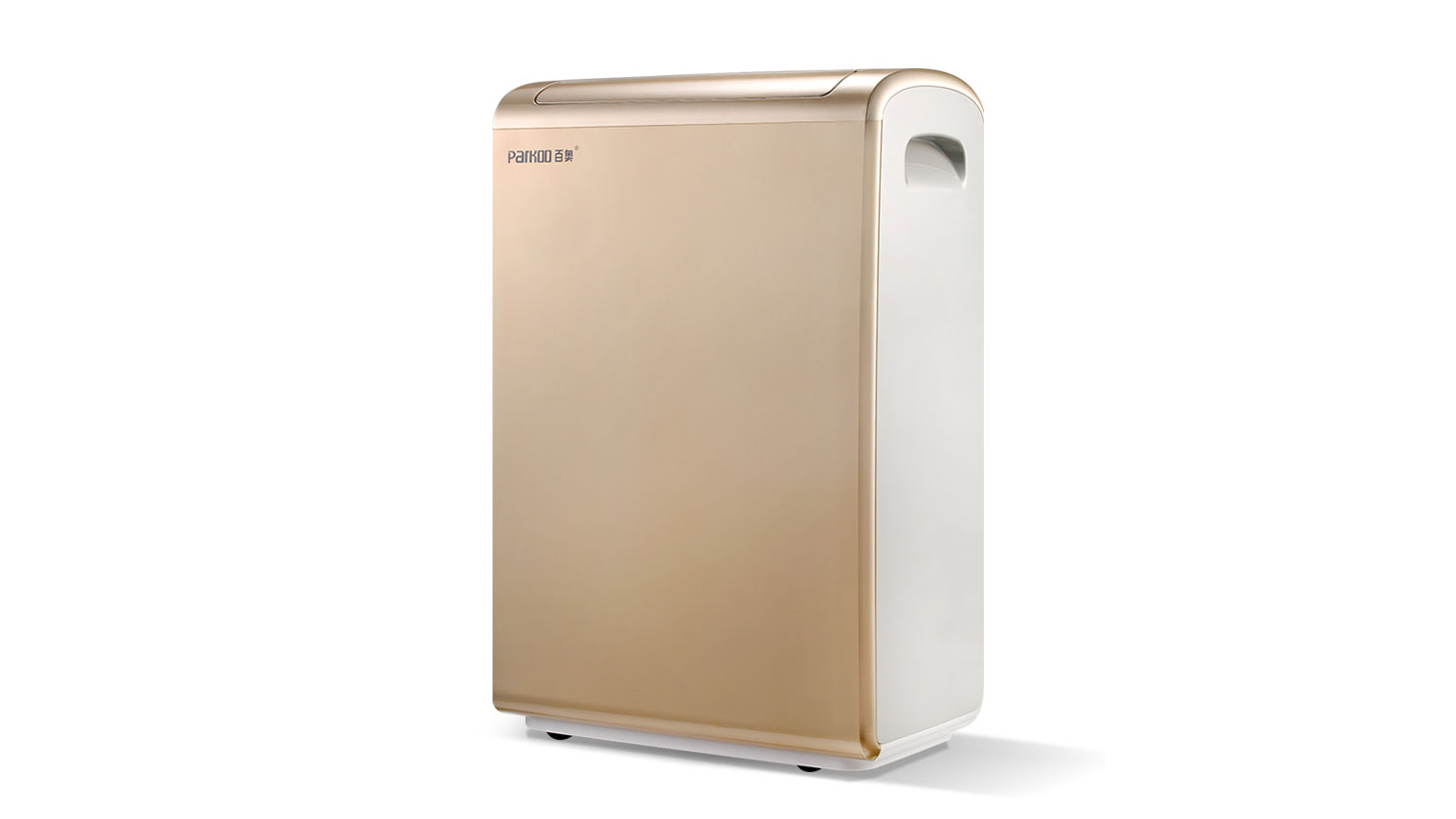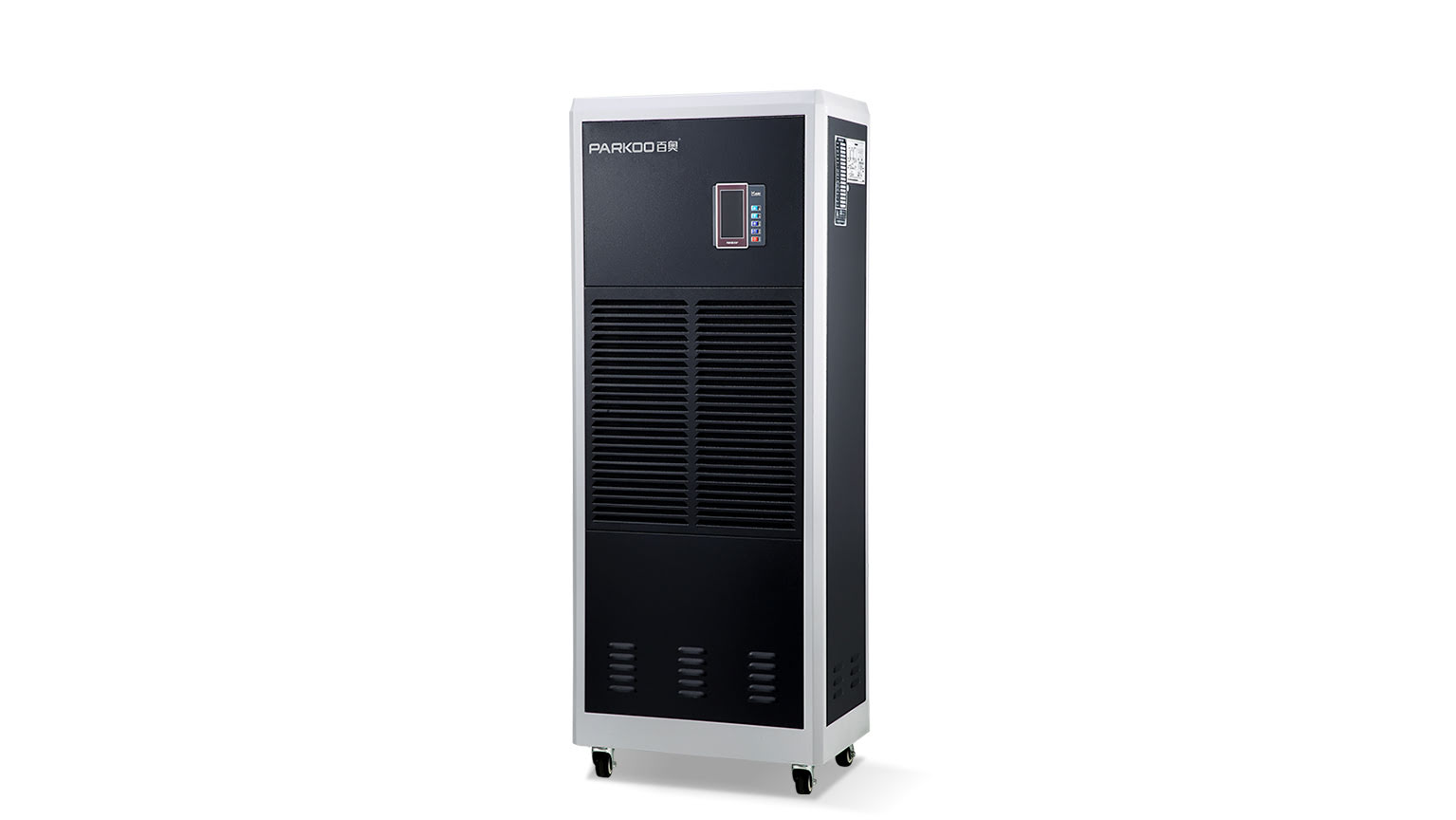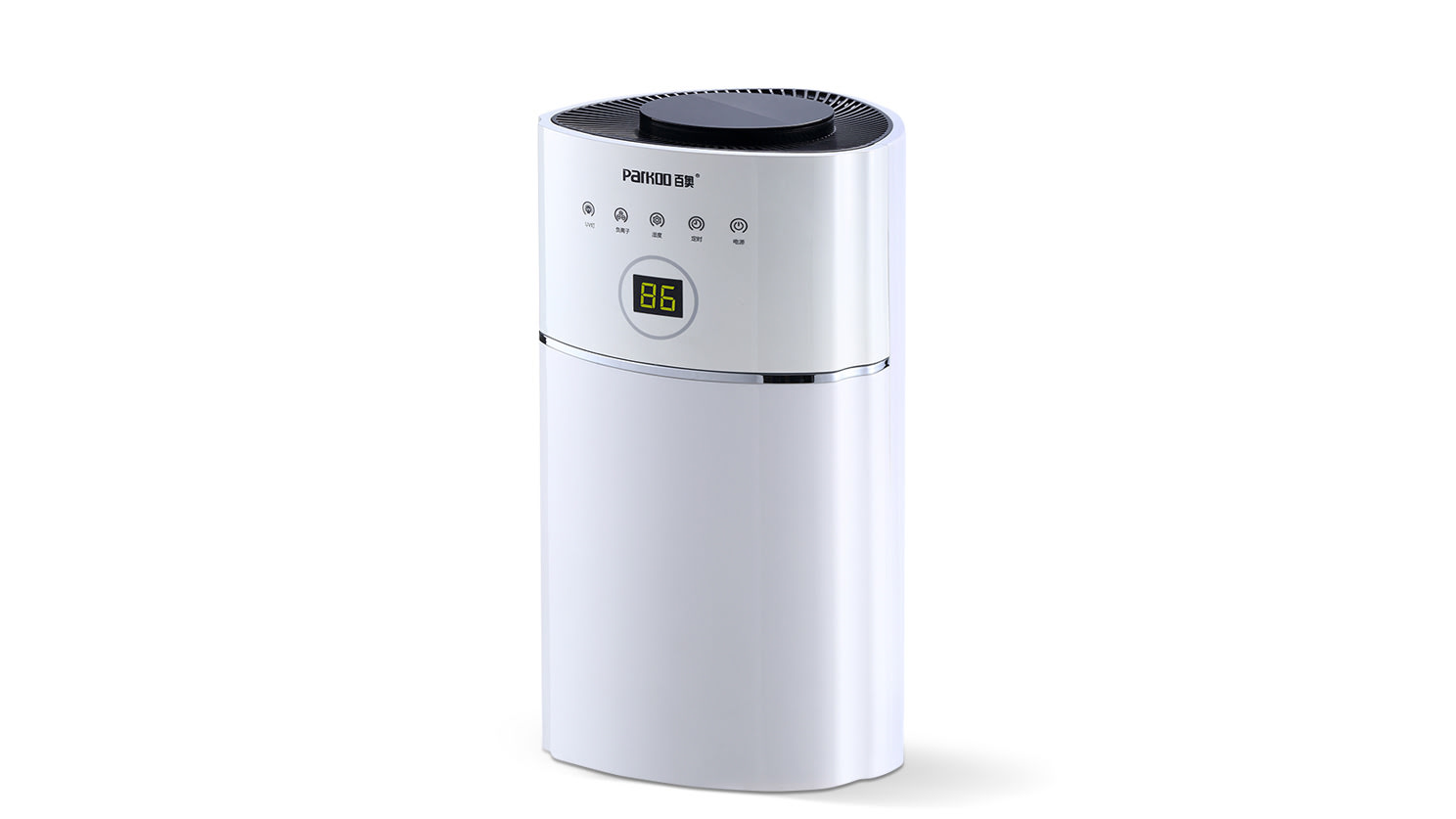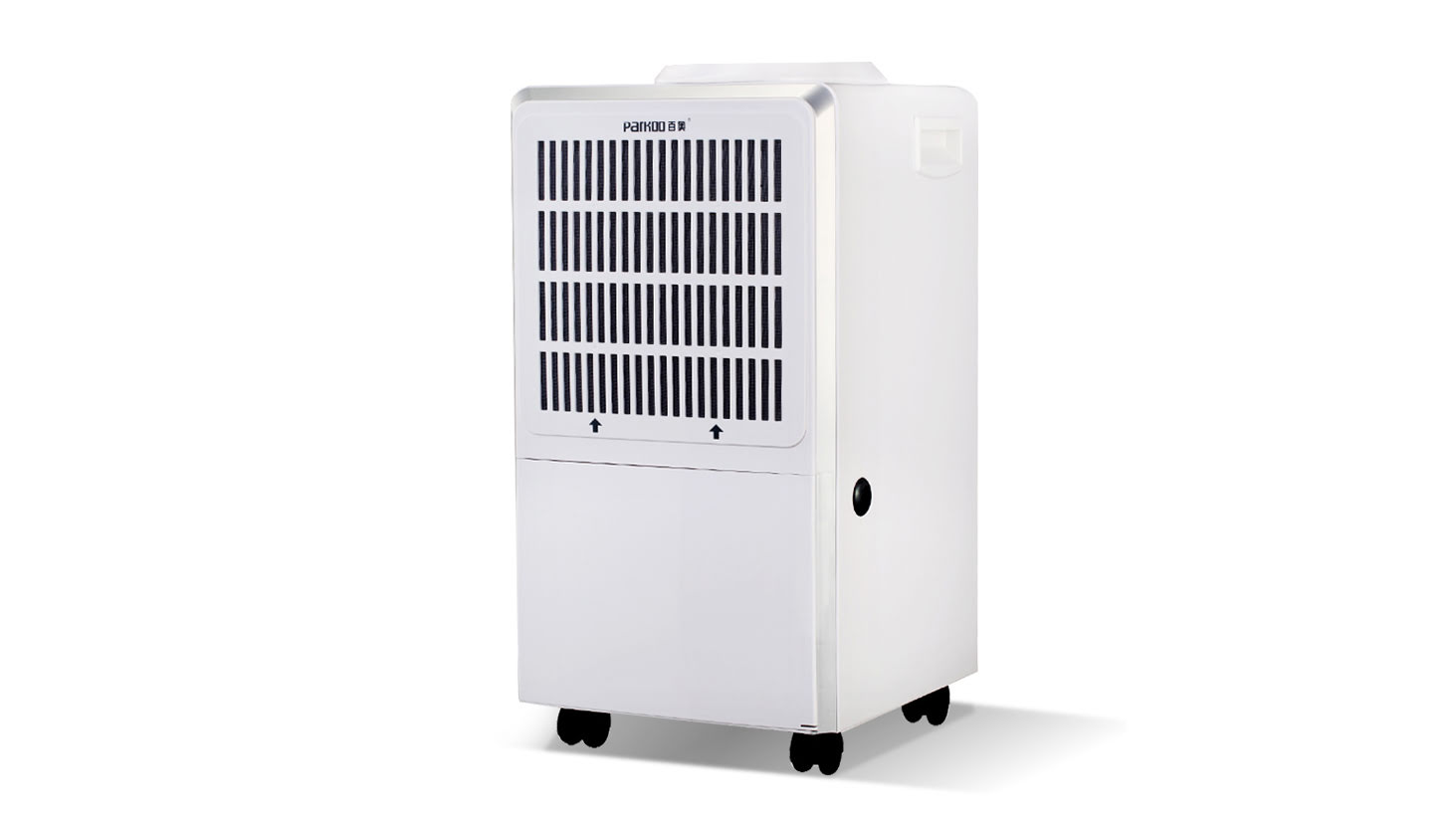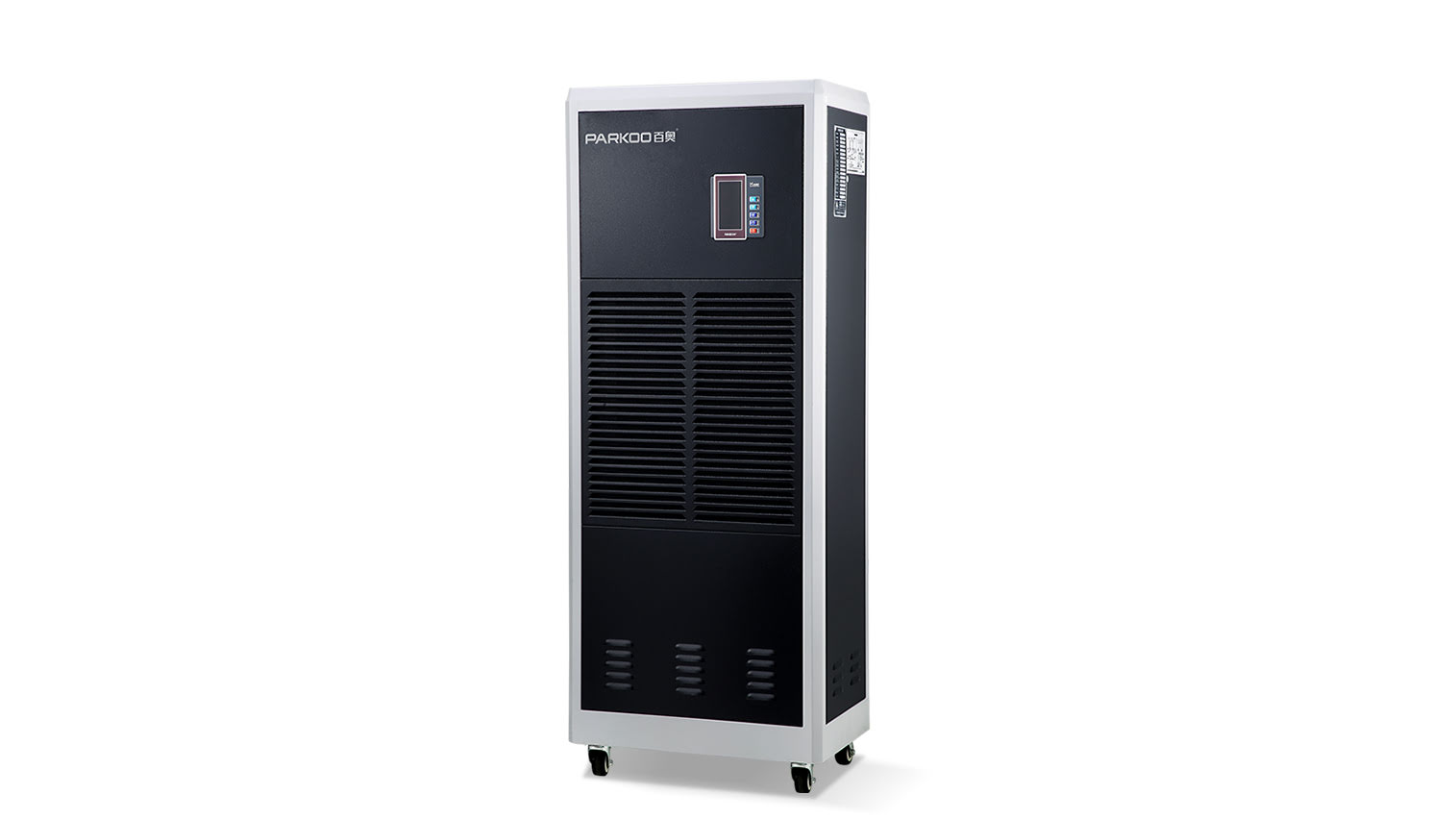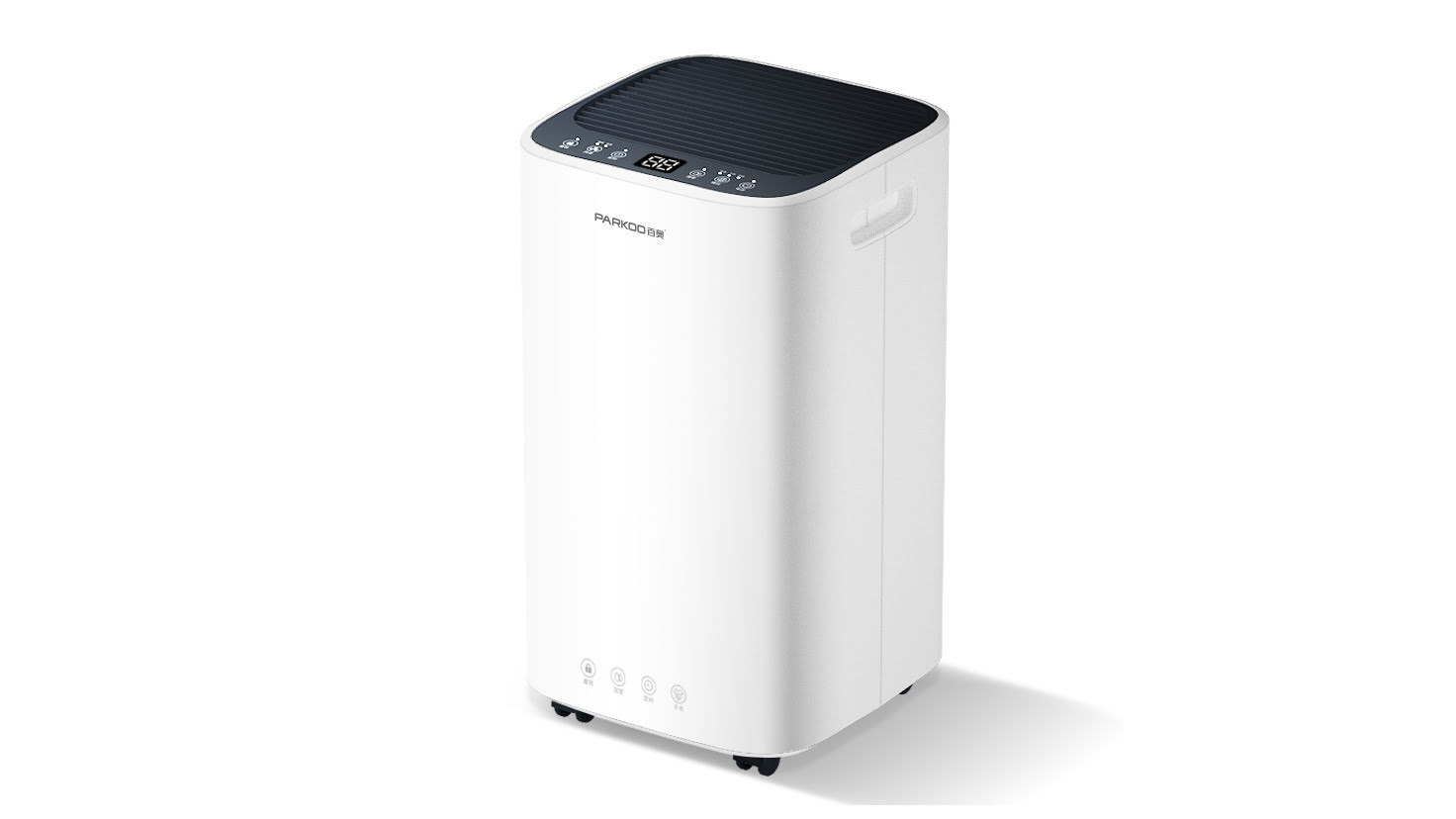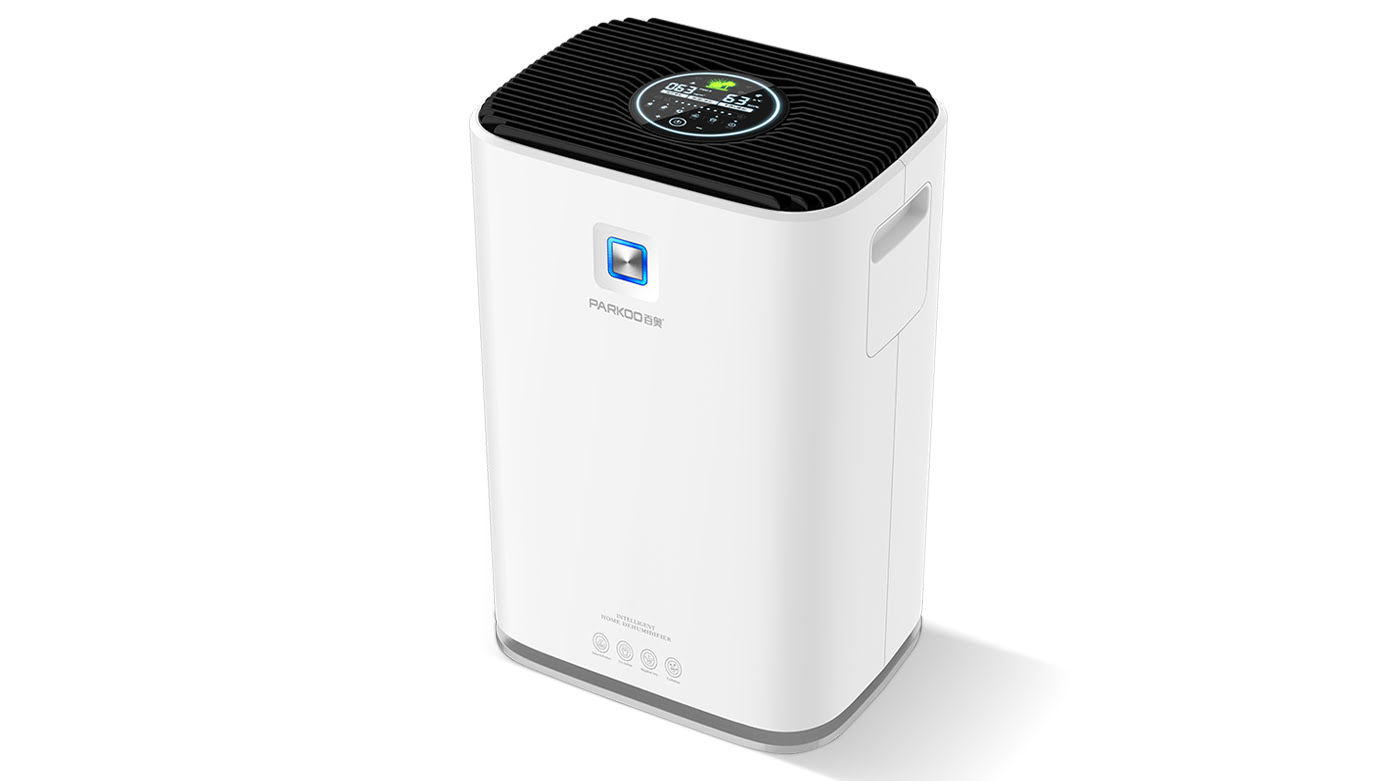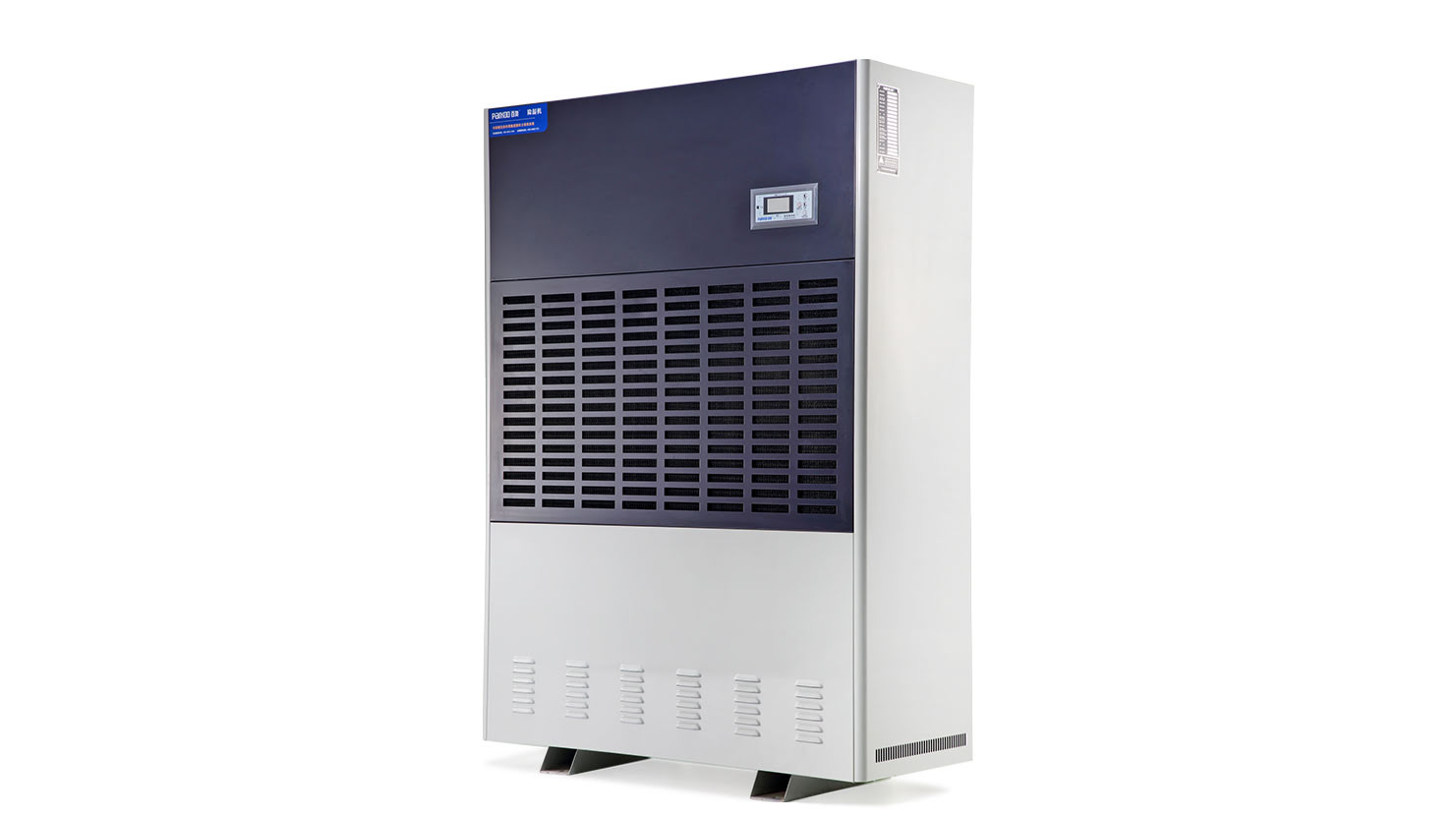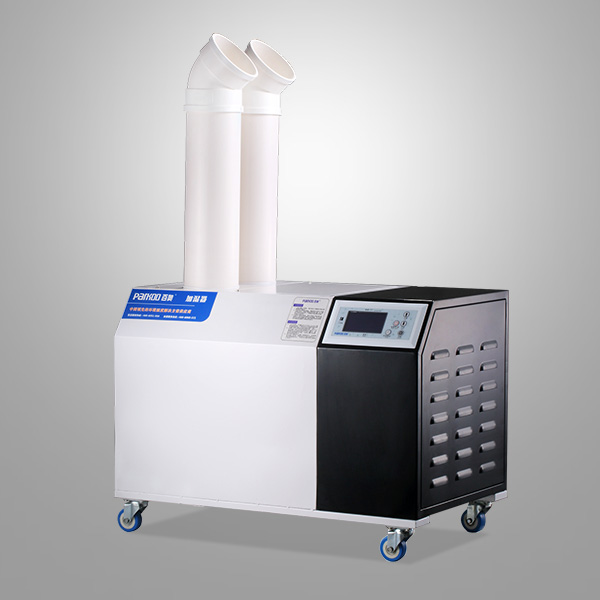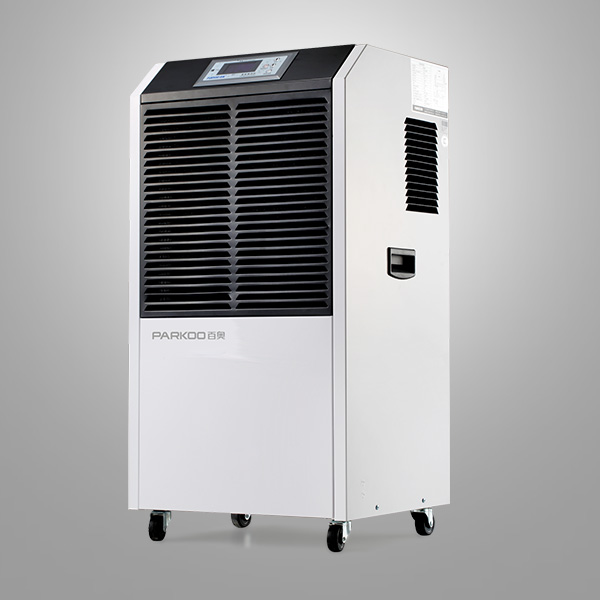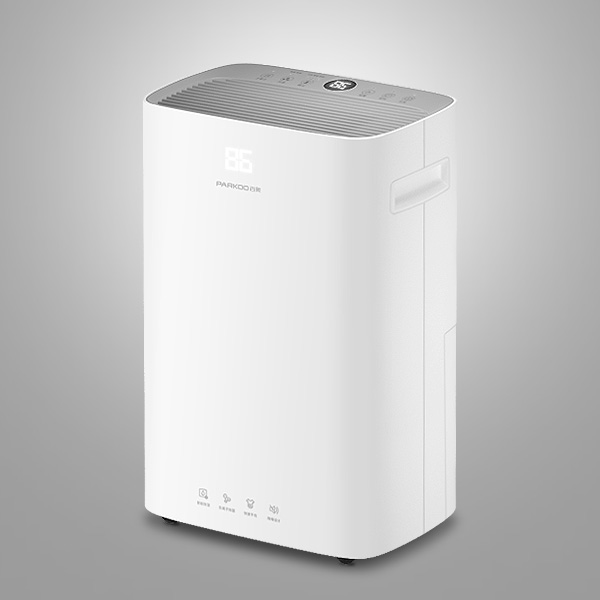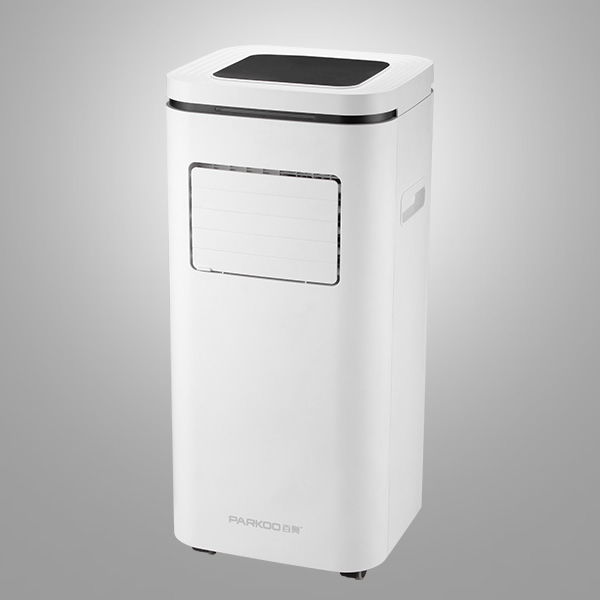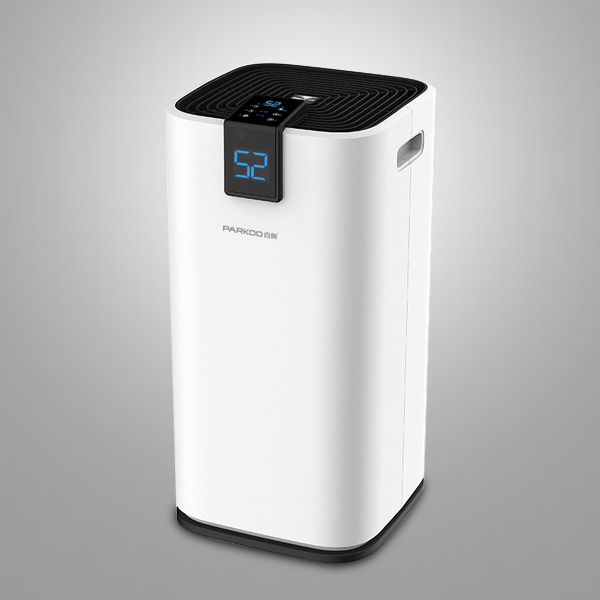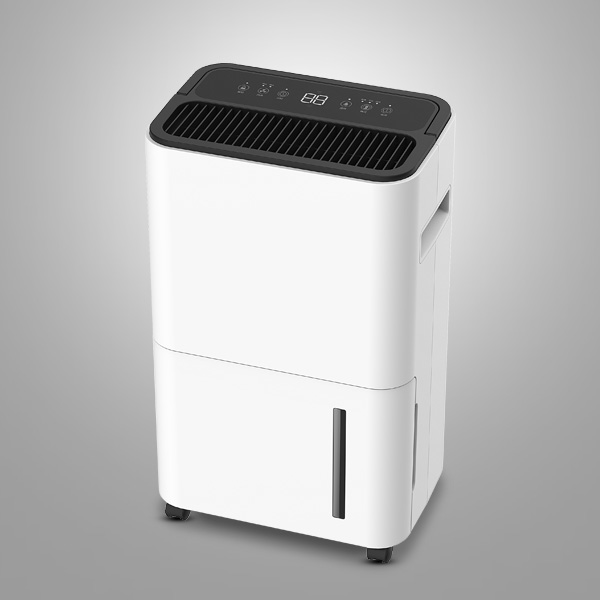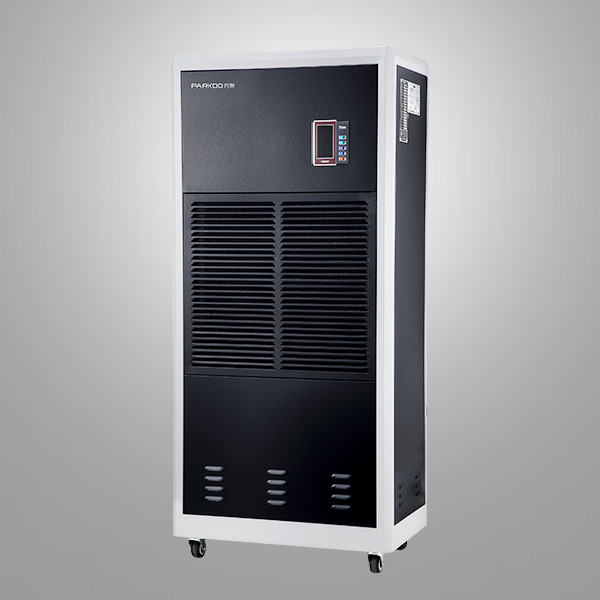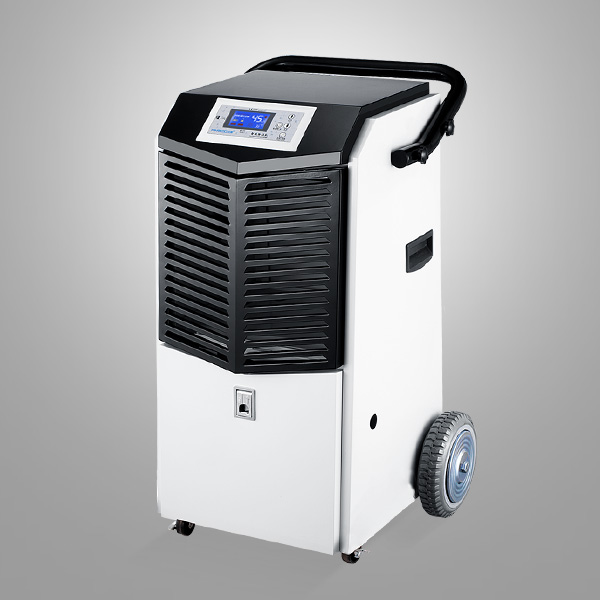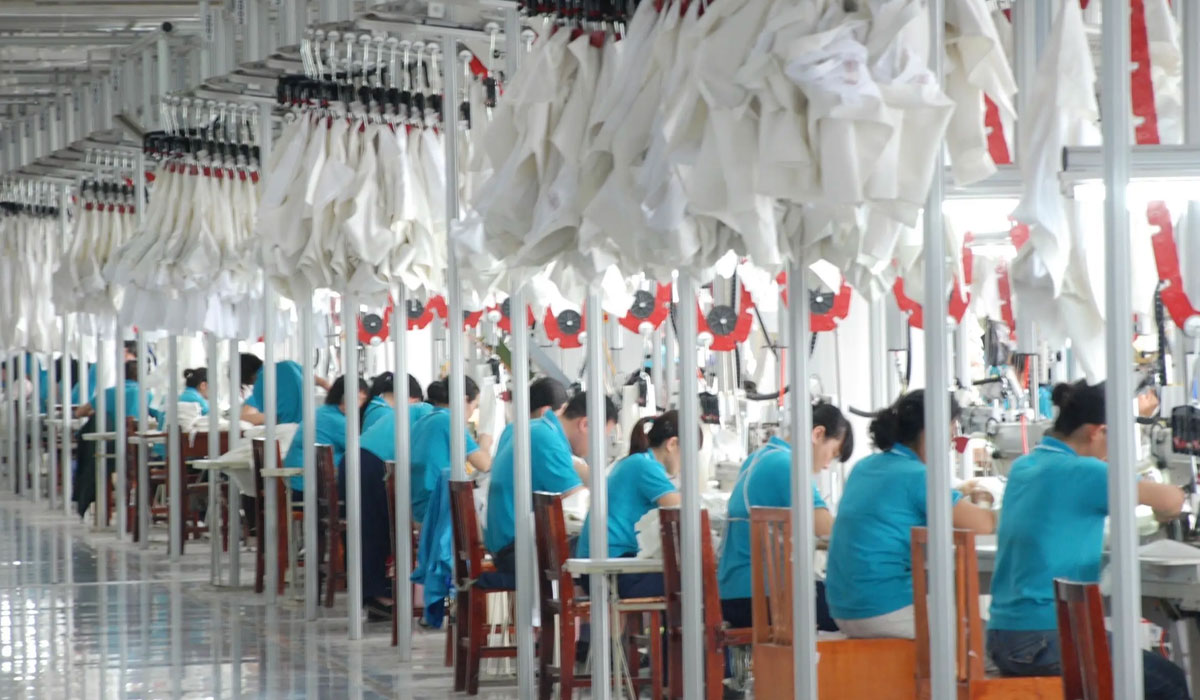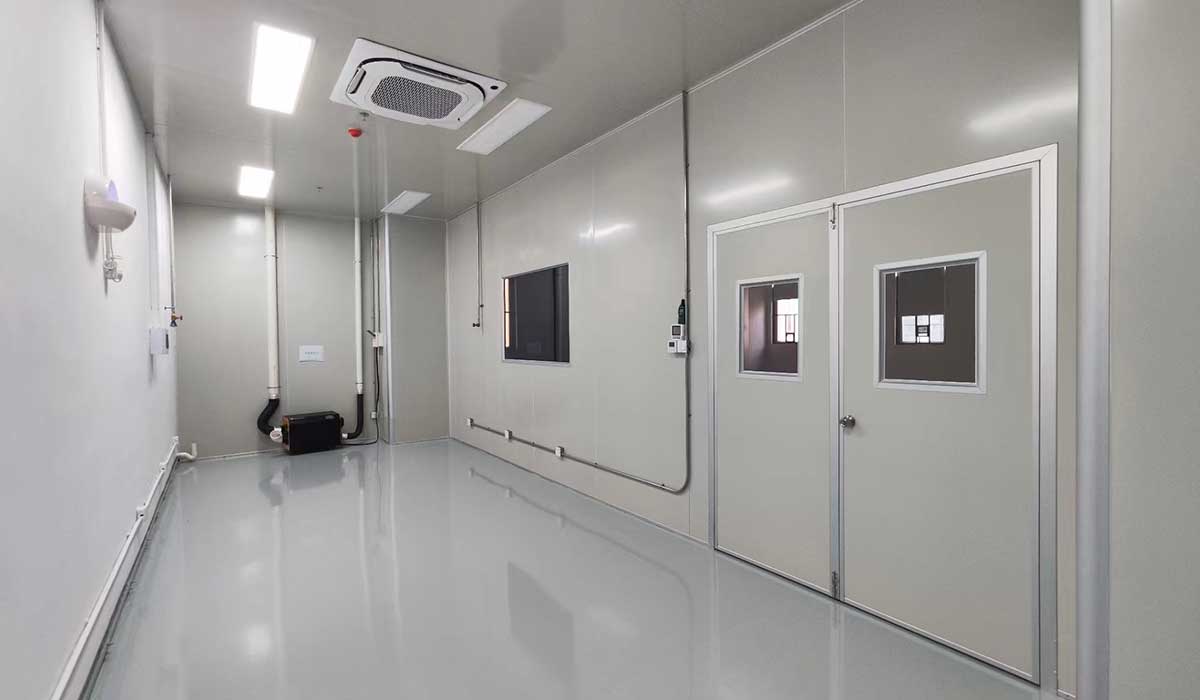Technical Trends
How to choose a suitable dehumidifier
Firstly, dehumidifiers have different dehumidification principles, so choose the one that suits your dehumidification needs
Currently, dehumidifiers on the market are mainly divided into "compression condensation type" and "rotary dehumidification type" in terms of dehumidification principle The principle of a compression condensation dehumidifier is refrigeration dehumidification, similar to taking out a bottle of ice cola from the refrigerator, where small water droplets condense on the bottle body
The compression condensation dehumidifier can achieve dehumidification by condensing water vapor in the air into water through refrigeration
Common dehumidifiers, such as household dehumidifiers and industrial dehumidifiers, are all "compression condensation" dehumidifiers, suitable for dehumidification in household and room temperature environments for enterprise production, warehousing, and public places
The "rotary dehumidifier" dehumidifier uses hygroscopic materials to complete the dehumidification process
It has a complex structure, expensive materials, and is divided into indoor and outdoor units. The price and energy consumption are also higher. The advantage is that it can work stably under low temperatures, so it is suitable for dehumidification work in special environments such as low-temperature cold storage
Secondly, learn to look at the dehumidification amount, not the greater the dehumidification amount, the better
Dehumidifiers generally have two evaluation criteria: "daily dehumidification capacity" and "nominal dehumidification capacity"
"Daily dehumidification amount" is the daily condensation amount measured in a sealed environment at 30 degrees Celsius and 80% relative humidity, usually in liters per day
For example, if a dehumidifier is labeled with a daily dehumidification capacity of 20 liters/day, it means that the dehumidifier can pump 20 liters of water in a day under closed, constant temperature and humidity conditions of 30 degrees Celsius and 80% relative humidity
The "nominal dehumidification amount" is the one hour condensation amount measured in a sealed environment with a temperature of 27 degrees Celsius and a relative humidity of 60%, usually measured in kilograms per hour
For example, if a dehumidifier is labeled with a nominal dehumidification capacity of 0.5 kg/hour, it means that the dehumidifier can pump 0.5 kg of water in an enclosed constant temperature and humidity environment of 27 degrees Celsius and 60% relative humidity within 1 hour
When purchasing dehumidification in daily environments, it is important to focus on the "daily dehumidification amount"
It is a common phenomenon for humidity in the air to reach 80% RH or above during the main humid seasons such as the rainy season and the returning south day, while the temperature is basically around 30 degrees Celsius, which is very similar to the measurement environment of "daily dehumidification capacity"
"Daily dehumidification capacity" is more in line with our daily dehumidification needs during the humid season
However, "nominal dehumidification amount" is more suitable as a reference for dehumidification in environments with 27 degrees Celsius and 60% relative humidity, such as industrial and agricultural production processes, material preservation, grain storage, etc
Thirdly, select the corresponding dehumidifier based on the dehumidification area
Each person needs different dehumidification areas and environmental humidity values, so the required dehumidification amount also varies
Therefore, when selecting a dehumidifier, the dehumidifier with the corresponding dehumidification amount should be selected based on the dehumidifier's applicable area marked by the merchant, and matched with the appropriate dehumidification area to meet the dehumidification needs without wasting too much money and achieve a relatively good cost-effectiveness
Of course, if the dehumidification environment is complex, you can also call the dehumidifier manufacturer and ask a professional dehumidifier salesperson to provide dehumidification solutions
Fourth, buy a large water tank instead of a small one. Try to choose a dehumidifier with multiple drainage methods. The larger the water tank, the less water needs to be poured, making the dehumidifier more convenient to use
Electrical appliances, with a focus on dehumidification for 17 years, have mature air humidity regulation solutions, create a reasonable humidity environment, and solve humidity problems
